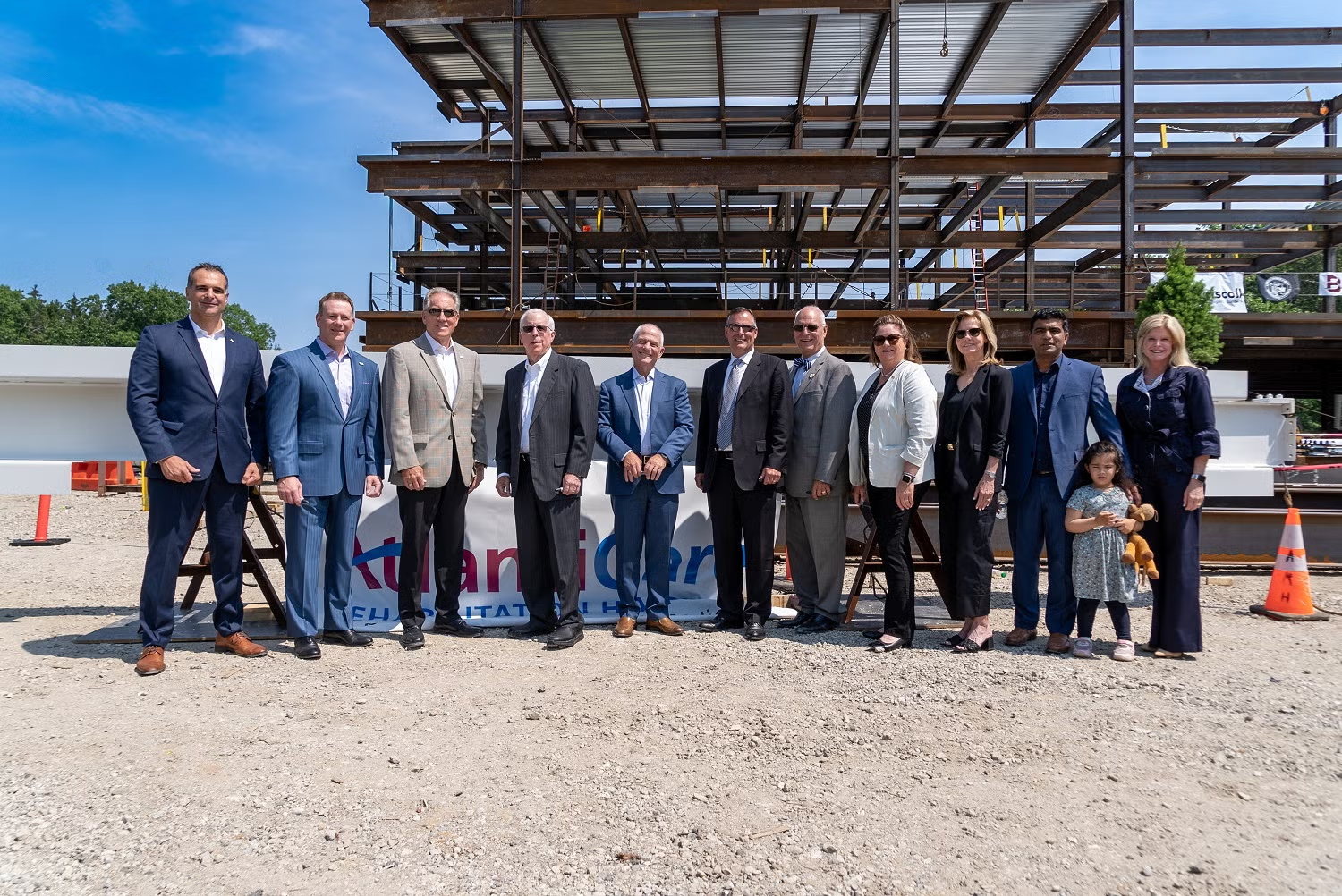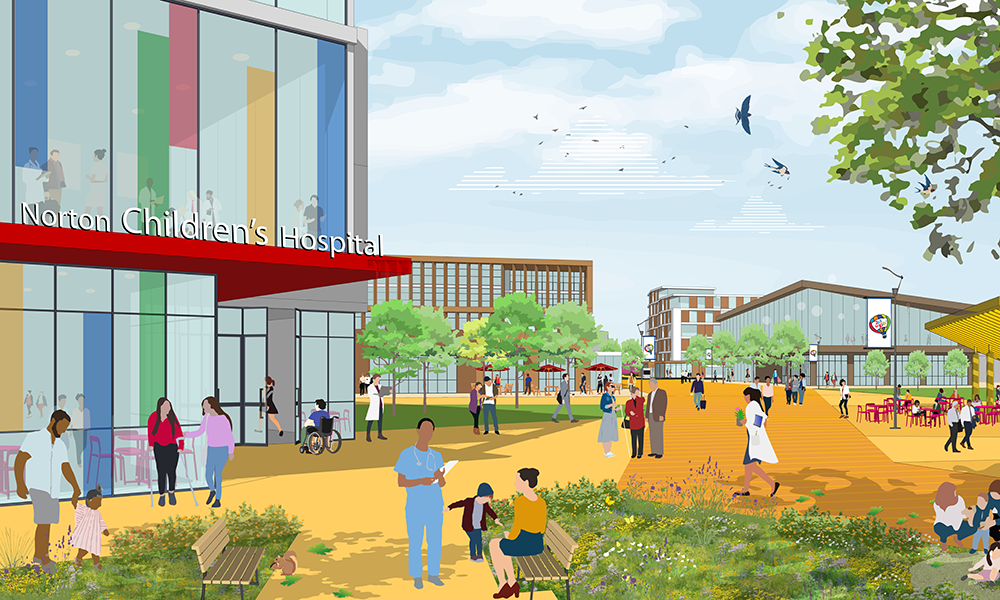By Fay Harvey
LYNDEN, Wash. — PeaceHealth, the Vancouver, Wash.- based non-profit health system serving Washington, Oregon and Alaska, recently achieved LEED Silver certification for its Lynden facility. The achievement marks the first time a PeaceHealth building has received the sustainability designation.
The LEED (Leadership in Energy and Environmental Design) rating system, established by the U.S. Green Building Council (USGBC), is the world’s most widely used framework for designing and constructing high-efficiency and sustainable buildings. Certification is awarded following a rigorous verification and review process to ensure buildings meet prerequisites and credits addressing areas such as energy, water, waste, transportation, materials and indoor environmental quality. Silver certification, the third-highest level, requires 50 to 59 points.
The 22,500-square-foot Lyden Clinic, which opened in April 2024, was designed to meet high standards for air quality and energy efficiency. The facility also incorporates locally sourced materials.
Working with Mount Vernon, Wash.-based Carletti Architects and Bellingham, Wash.-based Exxel Pacific, PeaceHealth emphasized sustainability in all phases of design and construction.
“During construction, care was taken to recycle building materials and divert waste from the landfill,” explained Matt Stormont, PeaceHealth’s director of planning, in a statement. “Creating a sustainable building safe for occupants was an important goal as we expanded needed healthcare services into the Lynden community.”
The clinic’s 162 solar panels offset 28% of its annual energy needs, reducing environmental impact while saving money. Electric vehicle charging stations are also available onsite for staff, patients and guests.
Sustainability extends beyond the building itself. PeaceHealth used local rocks, timber from nearby sawmills and doors manufactured in Whatcom County to create an environmentally responsible design. Native and drought-resistant plants in the landscaping reduce water usage and provide habitat for pollinators, while efficient irrigation minimizes water waste. A stormwater runoff system filters pollutants from parking lots and building surfaces to protect local waterways, and a bridge and riparian corridor safeguard fish and other wildlife.
“This is a testament to our vision and commitment to creating a healthier, more sustainable environment for our patients, staff and community,” Denise Walker, PeaceHealth’s vice president of medical group operations, said in a statement. “It reflects our dedication to reducing our environmental footprint while also providing exceptional patient care. We are proud to lead by example in making this beautiful facility not only a healing space but also an environmentally responsible one.”






